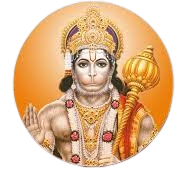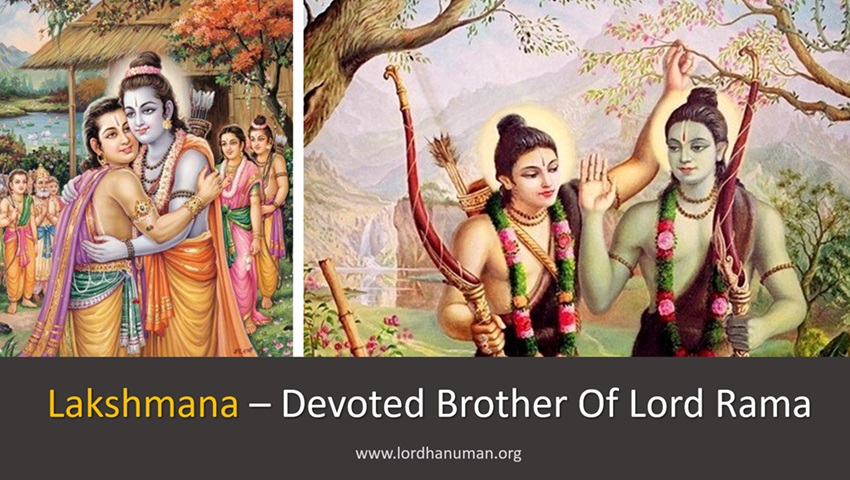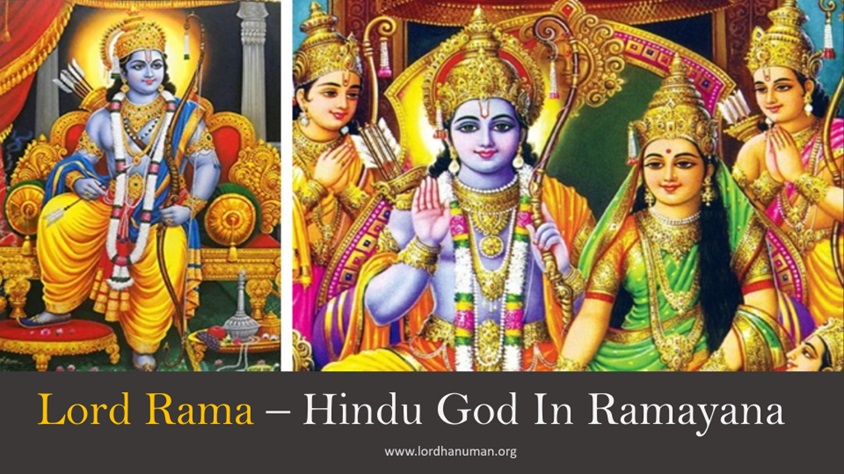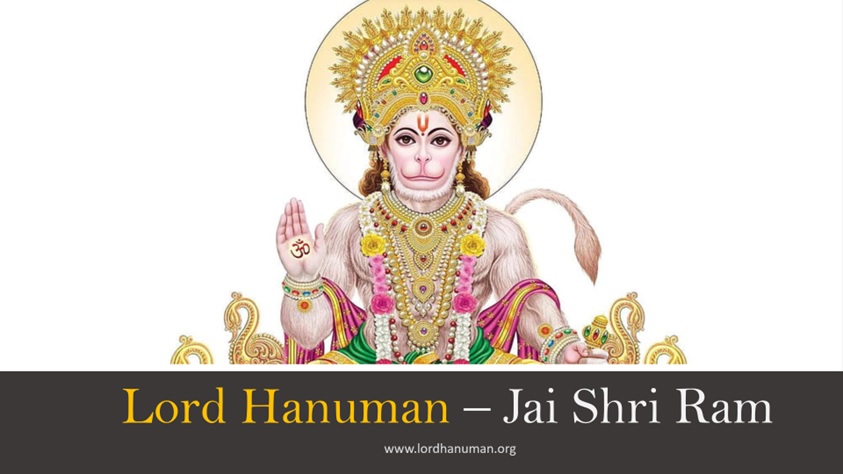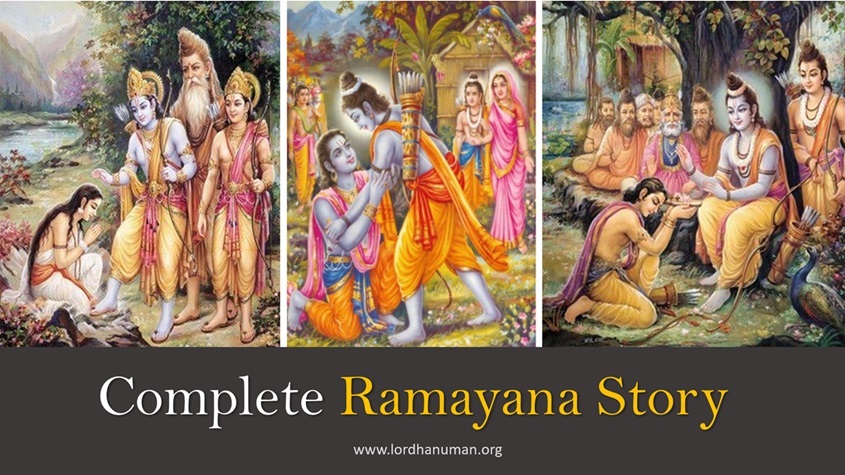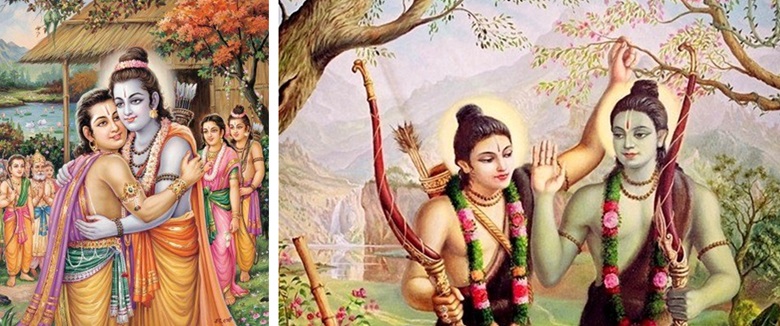
Lakshmana
रामायण में लक्ष्मण कौन थे?
Who Was Lakshmana In Epic Ramayana ?
Lakshmana was the younger brother of Lord Rama in the epic Ramayana. He is revered for his unwavering loyalty, sacrifices, and valour.
Lakshmana (लक्ष्मण) is a pivotal character in the ancient Indian epic, the Ramayana, revered for his unwavering loyalty, courage, and selfless devotion to Lord Rama. His character is intricately woven into the fabric of the epic, contributing significantly to the narrative’s depth and moral teachings.
Lakshmana, in Hindu mythology, is a significant deity and a divine character in the epic Ramayana. He is not considered a God in the traditional sense, but rather a mortal hero with extraordinary qualities. Lakshmana was the younger brother of Lord Rama, the seventh avatar of Lord Vishnu.
Lord Lakshmana The Incarnation Of Sheshnaag
Lord Lakshmana, the revered character in Hindu mythology, is believed by some traditions to be an incarnation of Sheshnaag, the cosmic serpent. As the younger brother of Lord Rama, Lakshmana embodies loyalty and sacrifice in the epic Ramayana.
The connection to Sheshnaag symbolizes Lakshmana’s divine nature and his role in the cosmic order. Whether viewed as an earthly hero or an incarnation of a cosmic force, Lakshmana’s unwavering commitment to righteousness and his pivotal role in the Ramayana continue to inspire and hold profound spiritual significance in Hinduism and Sanatana Dharma.
Lakshmana Accompanied Rama And Sita To Exile
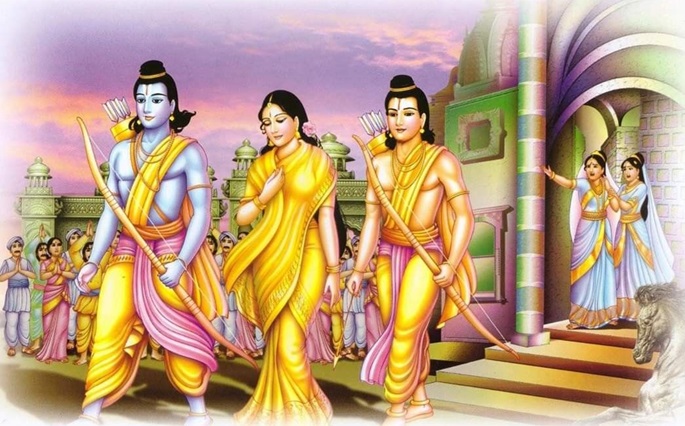
Lakshmana is celebrated for his unwavering devotion, exceptional courage, and selfless service to Lord Rama. He played a crucial role in Rama’s quest to rescue his wife, Sita, from the demon king Ravana. Lakshmana’s commitment to duty, as well as his sacrifices and loyalty, make him a revered figure in Hinduism.
While not worshipped independently as a deity, Lakshmana is often venerated alongside Rama, Sita, and Hanuman in the retelling of the Ramayana Story and during festivals and rituals dedicated to Lord Rama. His exemplary character serves as a moral and spiritual guide for devotees, emphasizing the values of dharma (righteousness), loyalty, and selfless service.
A Loyal, Dedicated, And Courageous Lakshmana
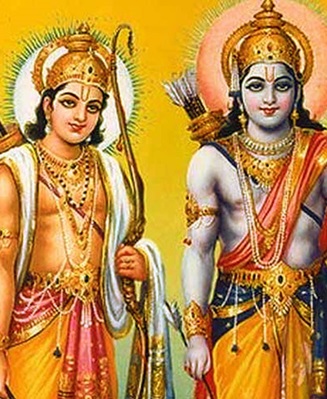
Lakshmana, the younger brother of Lord Rama, is the son of King Dasharatha and Queen Sumitra. Born in the illustrious Ikshvaku dynasty, he is not only a key participant in the Ramayana’s central events but also a symbol of righteous conduct, self-sacrifice, and familial duty.
Lakshmana In Ramayana
Early Life And Bond With Rama
Lakshmana’s childhood is marked by his close relationship with elder brother Rama, the eldest son of Dasharatha. Their bond goes beyond mere brotherhood; it’s a sacred alliance that mirrors loyalty and devotion.
When Rama is banished to the forest for fourteen years, Lakshmana willingly follows him, rejecting the luxuries of the kingdom to share in his brother’s hardships.
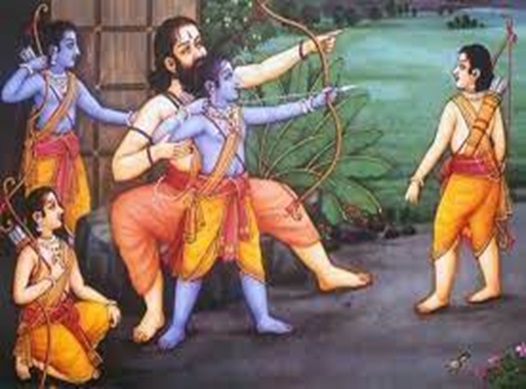
Lakshmana's Sacrifice For Rama
One of the most poignant moments in the Ramayana is Lakshmana’s sacrifice during Rama’s battle with the demoness Surpanakha. To protect his brother and maintain the sanctity of Rama’s marriage with Sita, Lakshmana mutilates Surpanakha’s nose and ears.
This event sets in motion a chain of events that ultimately leads to the kidnapping of Sita by Ravana, the demon king.
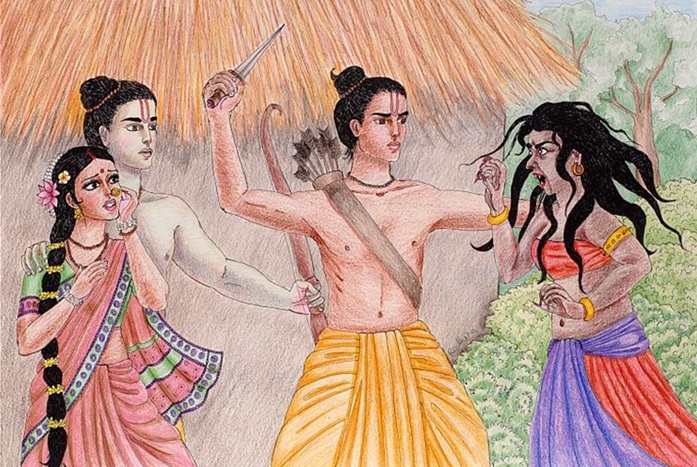
Rama's Exile And Life in the Forest
Lakshmana’s life in exile with Lord Rama, as depicted in the epic Ramayana, is a testament to his unparalleled devotion and unwavering commitment to his elder brother. When Rama, along with his wife Sita, was banished to the forest for fourteen years, Lakshmana willingly chose to accompany them, forsaking the comforts of the palace.
In the dense Dandakaranya forest, Lakshmana became Rama’s unwavering protector and Sita’s devoted guardian. His selfless service included constructing a shelter for the trio, securing their surroundings, and providing emotional support during challenging times. Lakshmana’s exceptional skills as a warrior proved crucial in encounters with demons and adversities that befell them.
The episode of Surpanakha’s encounter highlights Lakshmana’s commitment. To protect Sita and maintain her honor, he mutilated Surpanakha, setting in motion the sequence of events leading to Sita’s abduction by Ravana.
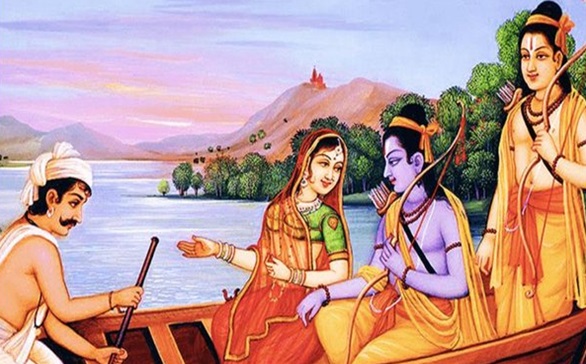
Lakshmana In Ramayana
Lakshmana Rekha
One of the most iconic incidents involving Lakshmana is the creation of the “Lakshman Rekha” or Lakshmana’s line. In an attempt to ensure Sita’s safety during Rama’s absence, Lakshmana draws a protective line around their dwelling.
He instructs Sita not to cross it, emphasizing the importance of obedience. This incident highlights Lakshmana’s commitment to his responsibilities, even in the face of potential danger.
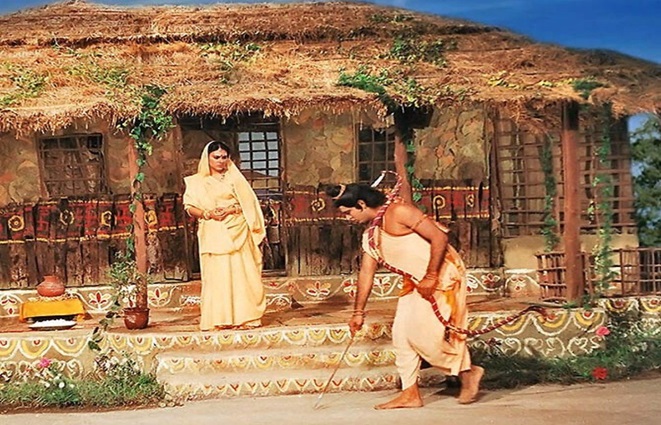
Lakshmana’s dedication extended to the construction of the Panchavati dwelling and the creation of the famous “Lakshman Rekha” to safeguard Sita in Rama’s absence.
Throughout their exile, Lakshmana remained an epitome of loyalty, humility, and sacrifice. His unwavering devotion during the challenging period in the forest exemplifies the profound bond between siblings and serves as a timeless example of righteous conduct and familial duty in Hindu philosophy.
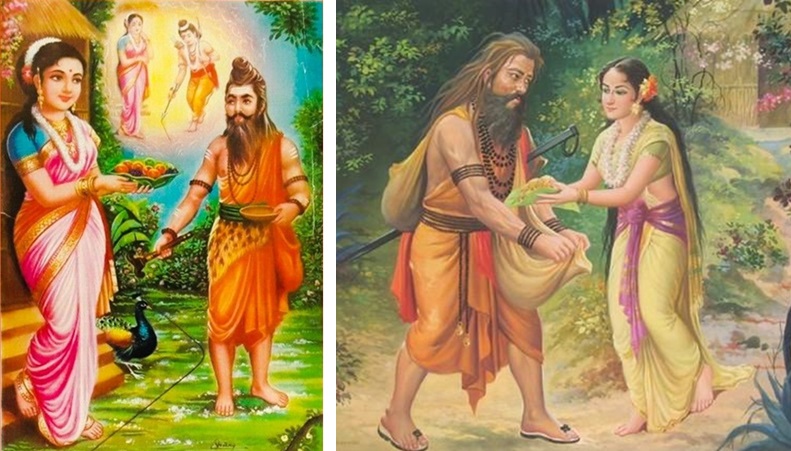
Lakshmana In Ramayana
Lakshman
Role in the Battle Against Ravana
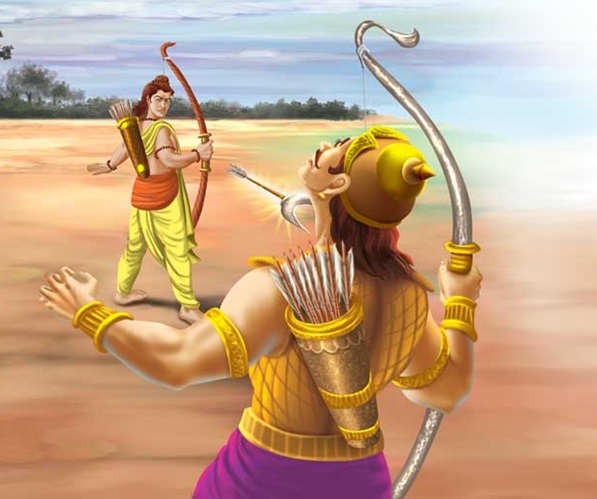
- Indrajit (Meghnad): Lakshmana was instrumental in the ultimate defeat of Indrajit, Ravana’s son, who possessed the power to become invisible. It was Lakshmana who killed Indrajit during the battle, breaking the magical illusion with his arrows.
- Atikaya: Atikaya, another son of Ravana, met his end at the hands of Lakshmana. In a fierce combat, Lakshmana successfully vanquished Atikaya, who was known for his exceptional prowess.
- Kumbhakarna: Although it was Lord Rama who ultimately killed the colossal demon Kumbhakarna, Lakshmana played a significant role in weakening him during the battle. Lakshmana’s relentless attacks contributed to Kumbhakarna’s eventual downfall.
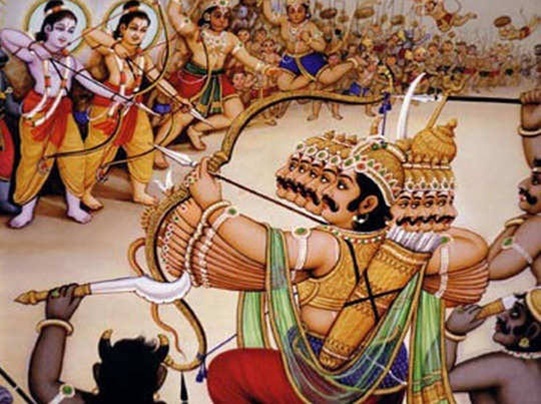
Lakshmana’s feats in the battlefield against these formidable demons showcased his valor and unwavering commitment to the cause of righteousness in the epic struggle against Ravana’s forces.
Lakshmana In Ramayana
In the tapestry of the Ramayana, Lakshmana emerges as a character of profound significance. His unwavering loyalty, self-sacrifice, and adherence to duty make him a timeless symbol of righteousness.
Lakshmana’s journey, from the idyllic life in Ayodhya to the trials of exile and the eventual sacrifices, serves as a beacon of inspiration, offering profound lessons on duty, loyalty, and the complexities of human relationships.
As a devoted brother, warrior, and symbol of virtue, Lakshmana’s presence enriches the Ramayana, making it a timeless epic that continues to resonate with spiritual and moral teachings.
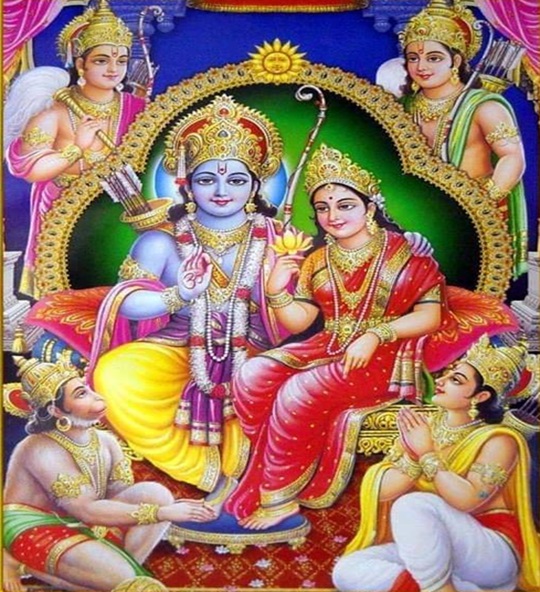
Lakshmana’s character extends beyond the events of the Ramayana, leaving a lasting legacy. His unwavering devotion and commitment to righteousness serve as an inspiration for generations, emphasizing the importance of duty, sacrifice, and loyalty in the face of adversity.
